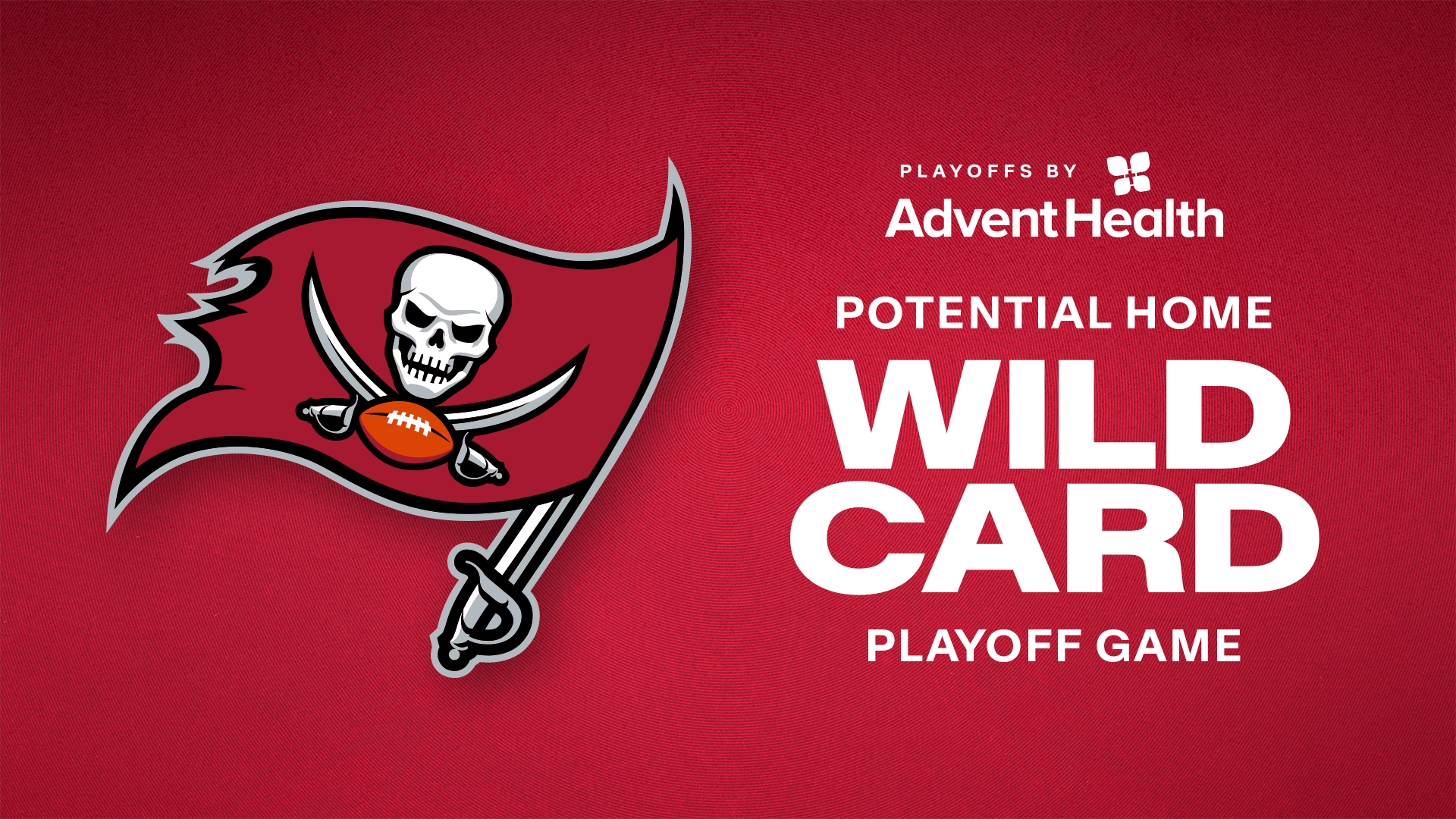The most famous record-book asterisk of all time never actually existed.
In 1927, Babe Ruth became the first man to hit 60 home runs in an MLB season, breaking his own record of 59 set in 1921. That mark stood for 34 years before another New York Yankee, Roger Maris hit 61 in 1961. That was the same year that the American League expanded its schedule from 154 games a year to 162 (the National League would follow suit in 1962). And therein lies the problem…and the hypothetical asterisk.
That is, that's the root of the problem if you think there is a problem at all. MLB's commissioner in 1961, thought there was a problem. Long before either Maris or Mickey Mantle got anywhere close to the record, Frick declared that the expanded schedule invalidated their chase and that Ruth would remain the sport's home run king no matter how many either of those Yankee sluggers hit.
Mantle finished with 54 but Maris managed to break the record, hitting his 61st homer in the last game of the season. Frick decreed that the record book would list both Maris and Ruth as the home run record-holders, with Maris's name followed by a notation that his mark was set in a 162-game season. It was an asterisk in a different form, and it stayed in the book until 1991 when Commissioner Faye Vincent convened a panel to study the issue and ultimately changed the entry to make Maris the lone home run champion. Maris, however, never saw the change; he died in 1985.
Whether you agree with Frick or Vincent, sports and their professional leagues always evolve over time. And those changes can affect the record books. And a change is coming to the NFL in 2021. Will it spawn some more hypothetical asterisks in the hearts and minds of NFL fans? How about the Tampa Bay Buccaneers in particular?
The change is a 17th game, added to the schedule beginning this very fall. The Buccaneers picked up an extra road game against the Indianapolis Colts in this "enhanced" schedule. This marks the first time since 1978, just the Bucs' third season of existence, that the NFL has added games to the schedule. The league had played 14 games per campaign from 1961 through 1977 but chose to expand that to 16, which then stood for 43 years.
The Buccaneers didn't have any well-established records after just two seasons, so the 1978 expansion was mostly irrelevant for the league's 27th franchise. But consider the 1978 Los Angeles Rams and quarterback Pat Haden. Through the first 14 games of that season, Haden had racked up 2,572 passing yards, a very good total for that era. The franchise's single-season record was 2,875 passing yards, set by Pro Bowler Billy Wade 20 years earlier. Haden would thrown for 423 more yards in the Rams' 15th and 16th games and finish with a new team record of 2,995.
It's a moot point now, of course, because that record has since been utterly obliterated many times over by such luminous QB stars as Tony Banks, Vince Ferragamo and Jared Goff. (And Kurt Warner, of course.) But I wonder how Billy Wade's family felt about it at the time.
So, back to the Buccaneers of present vintage. Whether you're a Ford Frick or a Fay Vincent, an old-school purist or a new-era realist, there's a chance the 17-game season will have some sort of immediate effect on the franchise record book. Let's take a look at the possibilities.
First we'll look at Buc single-season records where the 17th game could definitely matter…
· Team: 12 wins
Last year's team matched the 2002 squad in Lombardi Trophies but fell one victory shy of the franchise's single-season record. That 2002 team went 12-4 and got a first-round bye; the 2020 team finished 11-5 and had to run a four-game Wild Card gauntlet. Now, even in a 17-game season, it may be hubris to be openly wondering about the possible of 13 wins, but given last year's incredibly strong finish and the fact that virtually the entire championship team is returning, it's a reasonable consideration.
Because it took the 2020 team a while to truly hit its stride, particularly on offense, those Bucs had to win out in December in order to get to 11 wins, tied with the 1999 team for the second-most in franchise history. If the 2021 team can find early dominance and sustain it, it could enter December with nine or 10 wins and a real shot at 13 given that one extra Sunday.
· Mike Evans and/or Chris Godwin: 1,524 receiving yards
Well, nobody's going to bat an eye if a 17th game lets Mike Evans break Mike Evans' Buccaneer single-season record for receiving yards, which he set in 2018. But if Chris Godwin were to do so I'm sure there would be some friendly banter on the subject between the two friends.
Evans played in all 16 games in 2018, averaging 95.3 yards per outing to get to his mark and surpass Mark Carrier's 1989 record of 1,422. Carrier averaged 88.9 yards per game that year, so Evans ended up beating that average by about six and a half yards per game. In 2019, both Godwin and Evans were on pace to challenge Evans' mark from the previous year before both were felled by hamstring injuries in December.
Last year, Godwin lost a quarter of the season to a string of injuries and while Evans in every game, he was also clearly slowed by injuries in the early going. Evans topped out at 1,006 yards and Godwin added 840. The question is, how much of each player's decline in numbers could be attributed to those injuries and how much to the ability of Tom Brady to spread the ball around to a deep cast of playmakers? There's a decent chance that the Bucs' offense will look similar in 2021, with just as many pass-catchers contributing. Still, it's possible that either Godwin or Evans could become a favored target and pull ahead of the rest of the pack.
To get to 1,525 yards and break the record, either receiver would need to average 95.3 yards per game in a 16-game season, presuming he played in all of them. Godwin averaged 95.2 yards per game in 2018 when he played in 14 contests. That's leaving virtually no room for error even if he matches his best season. Same for Evans. However, with 17 games on the schedule, either guy would only need 89.7 per game. That could easily make the difference.
· Tom Brady: 5,109 passing yards
Yes, Brady will be 44 when next season starts, so he's basically in uncharted NFL waters right now. But he had 4,633 yards last year even after having no offseason or preseason to get used to a new offense and a new set of teammates. The Bucs' offense needed much of the season to really hit its stride, and Brady was routinely putting up huge numbers down the stretch.
Brady also has a 5,235-yard season on his resume, and that was not one of the three-plus seasons he played with Randy Moss. It was 2011, and Brady's top pass-catchers were Wes Welker, peak Rob Gronkowski, Aaron Hernandez and Deion Branch. That's a great crew, but I would put the Bucs' 2021 group of pass-catchers ahead of it in terms of potential production.
So, Brady's per-game average last season was 289.6 passing yards. If he had been given a 17th game and stuck to that average, he would have finished with about 4,923 yards, which still wouldn't have broken the Buc record set just the year before by Jameis Winston. But let's circle back to that "work in progress" idea. Brady averaged 273.6 passing yards over the first eight games of the season, then 305.5 over the last eight. If you just take his last five games, the average shoots up to 335.6. If you average 305.5 yards per game over 16 outings, you get to 4,888; again, not enough to break the record. But do it over 17 games and now you're at 5,194. New record! I don't need to tell you that ageraging 335 yards per game would get it done, too.
I'm not trying to tell you that 300-yard passing games are going to become the new normal for Brady in 2021, but I'm not going to not tell you that either. Of his seven 300-yard games last year, five came over the last seven weeks.
· Ryan Succop: 136 points scored
Again, this would be a case of a player chasing his own record, so there won't be any controversy here, but that 17th game could make a major difference.
Entering the final week of the 2020 regular season, Succop had 122 points, which was still nine shy of Matt Bryant's 2008 team record of 131. Given that he had only scored nine or more points in four of the Bucs' first 15 games, it was no sure thing he was going to get the record. Fortunately, the Bucs dropped 44 points on Atlanta in Week 17 and that included three Succop field goals.
That's the problem with a kicker chasing a scoring record – he's completely at the mercy of how the offense finishes drives and everyone would be happier seeing him kick one-point PATs rather than three-point field goals. The Bucs had scored 47 points in Detroit in Week 16 but Succop only had five of them. So it's easy to see how one extra game would factor in if Succop was once again close to the mark late in December. If he is, say, 10-12 points back with one game to go, it would not be a good bet. But since his points can fluctuate so much from week to week, having two games left gives him two more rolls of the dice to get one in which he kicks multiple field goals.
**
And now some Buccaneer single-season records where the 17th game almost surely won't matter…
· 10 interceptions (Ronde Barber, 2001)
· 19.5 sacks (Shaquil Barrett, 19.5)
· 214 tackles (Hardy Nickerson, 1993)
All of these records seem almost surely out of reach with 16 games to play and adding one more doesn't do much to increase the odds. Some of that has to do with changes in how the game is played and how stats are recorded.
When Miami's Xavien Howard picked off 10 passes last season to lead the league, it was mildly shocking. The last time any NFL player had hit double digits in interceptions in one campaign was 13 years prior, when Antonio Cromartie did it in 2007. When Barber set his career high and the team record with 10 picks in 2001, the league's quarterbacks as a whole threw 545 of them that season. Last year, there were 395 interceptions in the NFL. The league's overall interception rate has dropped at a near steady decline from 3.4 in 2001 to 2.2 last year. Quarterbacks are just getting better and better at not throwing picks…at least collectively.
In 2002, Brian Kelly led the Bucs with eight interceptions. In 2003, Dwight Smith had five to pace the team. Since then, Tampa Bay has had exactly five individual five-interception seasons. Guys are barely making it halfway to Barber's mark anymore; a 17th game won't change that.
As for Nickerson's tackles, they came at a time when tackle totals were compiled and distributed by the team's themselves, usually using what the coaches tallied during film review of the games. These days, tackle totals are reported using what are generated by the stat crews at games and appear in the games' boxscores. I'm not judging which method is better, but the latter one is at least standard across the league, and it has resulted in lower tackle totals across the board.
Last year, Devin White led the Bucs with 140 tackles, though he was on the COVID list in Week 17. He likely would have finished at around 150 if he had played in that last game. The NFL leader, Houston's Zach Cunningham, had 164. The last Buccaneer to get to 150 tackles in a season was Barrett Ruud in 2010, with 161, and that was still using coaches' totals. According to Pro Football Reference, Ruud only had 118 stops that year. Also according to PFR, Nickerson is the last player to lead the league with 200-plus tackles.
To get to 215 tackles, one more than Nickerson's record, White would need to average about 12.6 per game. Last year in the entire NFL there were a total of 69 individual 13-tackle games, or about two per team for the entire season. White did have two of them, but he's not likely to have 17 of them in one season.
Barrett's incredible 19.5 sack season was such a bolt out of the blue, and it set the Bucs' standard at such a high bar that one extra game likely isn't going to make a difference. Barrett arguably rushed the passer just as well in 2020 as he did in 2019 but finished with (a still very respectable) 8.0 sacks. The difference comes not from playing time but from the percentage of pressures (or sack opportunities, if you will) that are actually converted into sacks. Barrett had a very high ratio of sacks to pressures in 2019, one that will be nearly impossible to duplicate.
Barrett didn't just break Warren Sapp's previous record of 16.5 sacks, he demolished it. And Sapp's 2000 record was one of just three seasons with 15 or more sacks for any Buccaneer before Barrett came along. Obviously, we know Barrett is capable of approaching 20 sacks in a season; we've seen him do it. But it still remains unlikely that he or any other Bucs pass-rusher will get close enough to his 2019 record for an extra game to matter in the hunt.





































